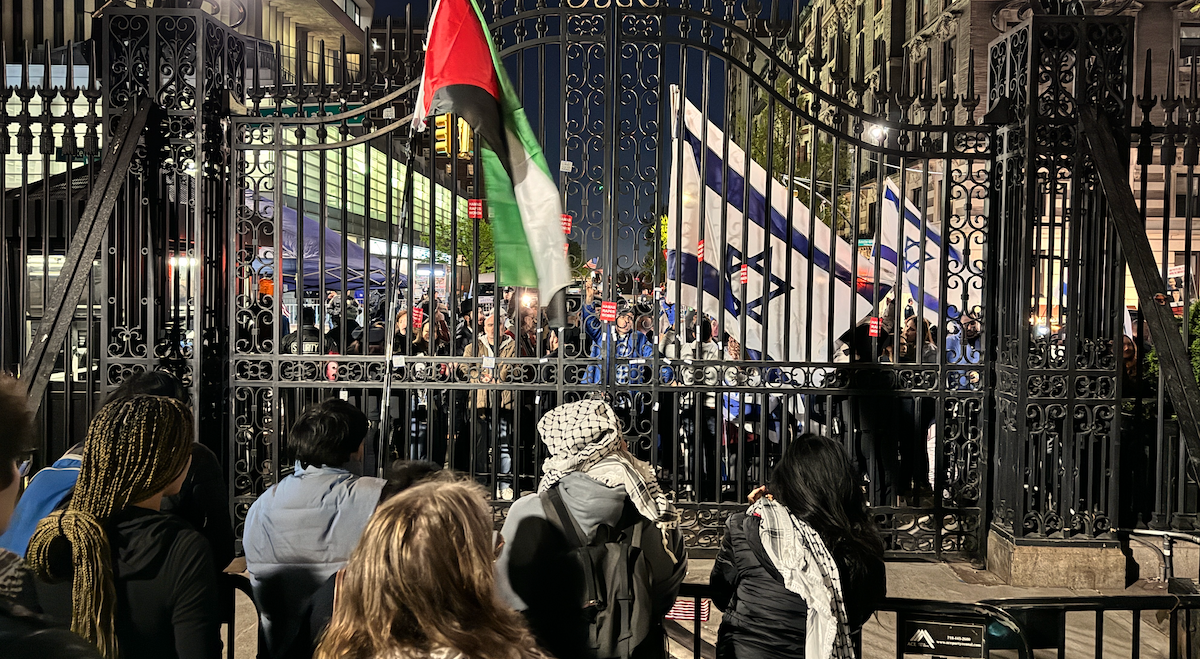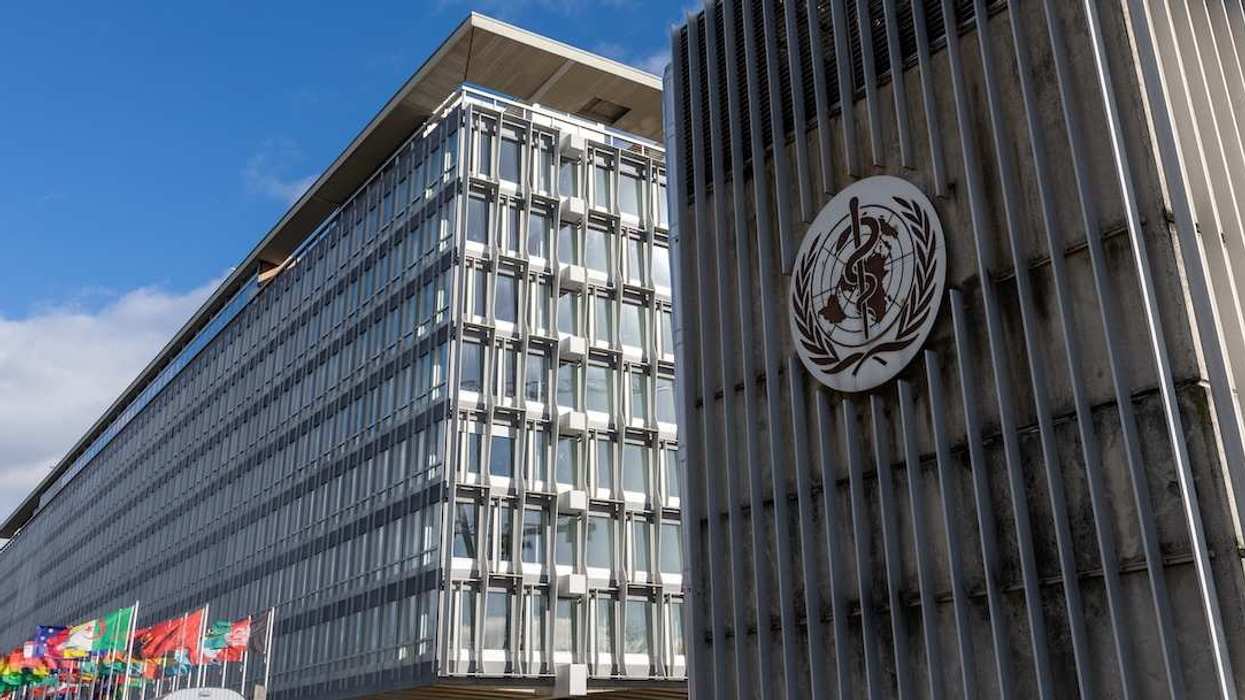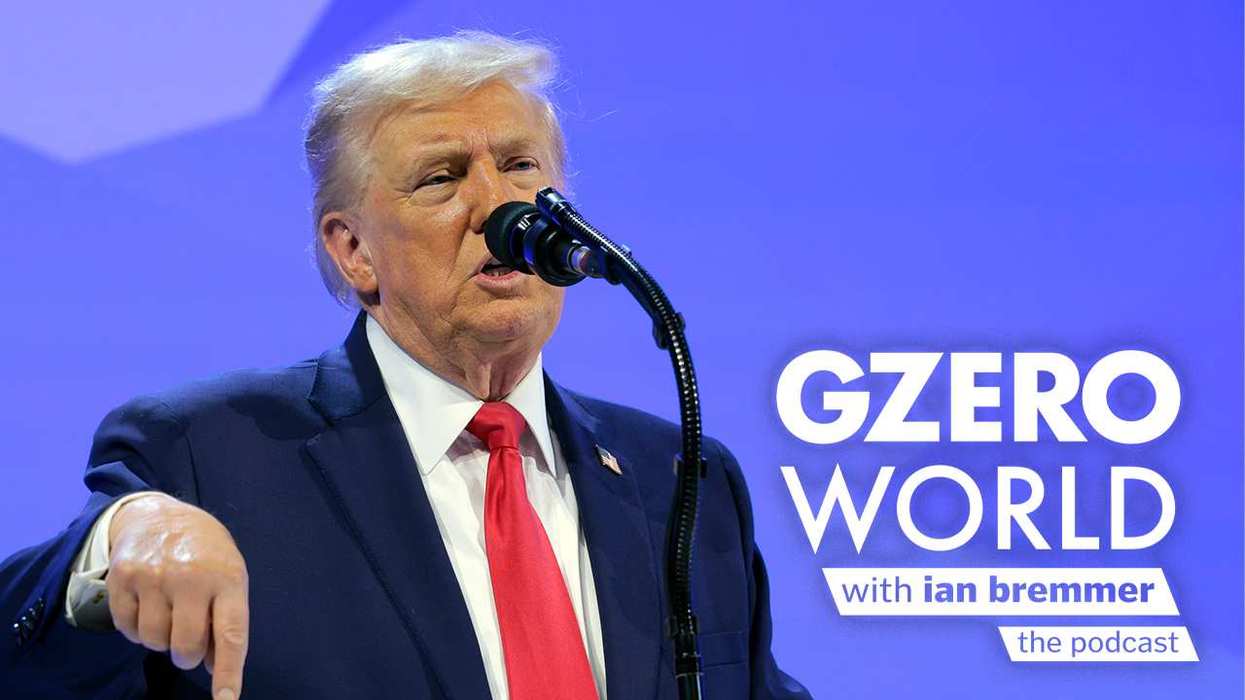Special report by Riley Callanan and Alex Kliment
Late Thursday night, the words “New Shafik email drop” rippled through the protest site known as the “Gaza Solidarity Encampment” on Columbia University’s lawns.
The protesters had been waiting to hear whether the New York Police Department was on its way, knowing that the deadline for negotiations with the administration of university President Nemat “Minouche” Shafik was rapidly approaching.
The police would not, in fact, be coming, the email said. Shortly after that news broke, student negotiators returned from talks to report that while there had not been progress on their demands to divest from Israel or give amnesty to the suspended students, they had had a small win: No new deadline to end the protests had been set. The encampment’s leaders continue to demand that Columbia’s endowment divest from any Israeli-related holdings and offer amnesty to students suspended over the protests last week.
The agreement to continue talking, disagreeing, and protesting – without divesting or policing – came in stark contrast to the images of hundreds of students and professors being arrested on several other US college campuses on Thursday.
But what seemed like a de-escalation inside the Columbia campus gates also came after an evening in which tensions were still high outside of them. As in, right outside of them.
Starting around 6:30 p.m. on Thursday, a United for Israel March drew several hundred protesters, and almost all involved were non-students. They came in part because of media and social media coverage of the harassment and attacks that several Jewish students faced last week, in the first days and nights of the pro-Palestinian encampment.
“It’s like 1939 Germany in there,” said Amber Falk, 37, as she handed out free packets of pastel-colored 4x6 inch stickers that said “F*ck Hamas” or “From the River to the Sea, TikTok is not a College Degree!”
That idea echoed comments made the day before by Israeli Prime Minister Benjamin Netanyahu, who said the atmosphere for Jewish students on American college campuses recalled Nazi-era discrimination. Also on Wednesday, US House Speaker Mike Johnson came to Columbia’s campus to suggest sending in the National Guard “if these threats and intimidation are not stopped.”
“You know, if they don’t handle this, it might be time for us to form a new JDL,” said pro-Israel protester Joey M, 36, of Brooklyn, referring to a violent Jewish extremist group, originally formed to protect Jews in New York in the 1960s. “If the government can’t protect Jews, we have to,” said Joey.
Meanwhile, across campus on Broadway, a different group of non-Columbian protesters in keffiyehs and masks chanted, “There is only one solution! Intifada Revolution!”
There’s no doubt that tensions at Columbia were immensely high last week when Riley reported that “the campus is unraveling into distrust, dysfunction, and fear.” But in the days since – which have seen one round of police arrests, the closure of campus to non-students, and the encampment itself pledging to weed out external agitators – tensions have come down noticeably.
“It's much more calm now,” said David Lederer, a sophomore wearing a kippah and waving a large Israeli flag just inside the gates. If that name rings a bell, it’s because David and his twin brother Jonathan were attacked on campus last week, supercharging concerns about antisemitism on campus.
“People will still say ‘sweep the camp,’ ‘arrest all of them.’ But I'm not like that,” said Lederer. “Free speech is free speech, just don’t harass us. I feel safe walking on campus again. Even if the change is just for the media to see, I appreciate that.”
Whether this new, relative calm can hold is an open question of huge importance – the deadlock between the encampment and the university is testing the respective limits of free speech, safe spaces, and campus rules, all in the eye of a furious national storm.
Pressure from beyond the gates – which remain closed to outsiders – is still immense. At least 10 GOP lawmakers have called for Shafik’s resignation. Vice President Kamala Harris’ husband Doug Emhoff held talks with Jewish Campus leaders on Thursday. Ilhan Omar, of the “squad” faction of progressive Democrats, has visited the encampment, where her daughter was arrested last week. And adding further fuel to the fire, Hamas itself has expressed support for the student protests.
Meanwhile, as Thursday’s campus arrests elsewhere in the country threatened to inflame protests further, the basic standoff at Columbia remains unresolved.
As the Shafik email drop put it: “We have our demands; they have theirs.”


















